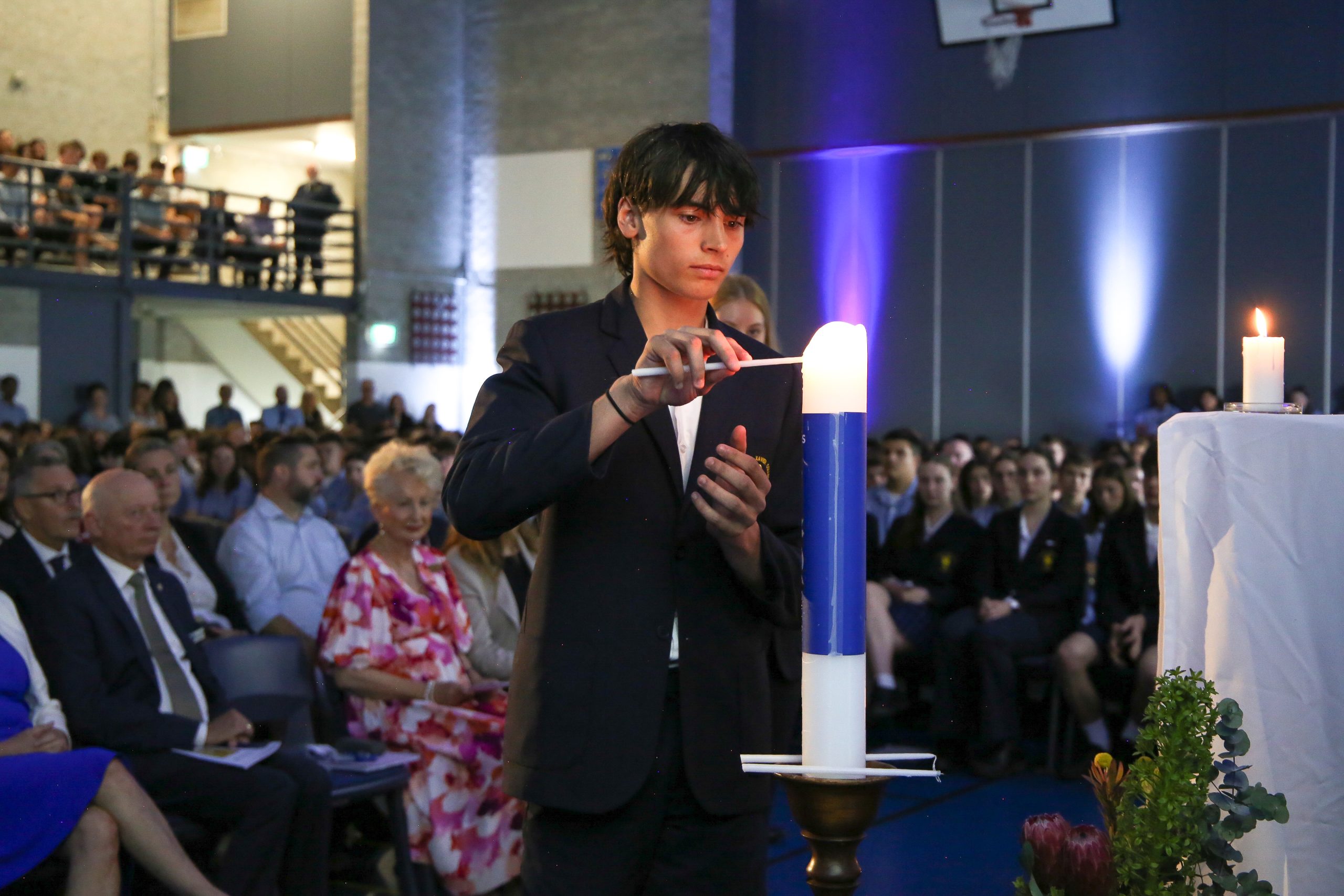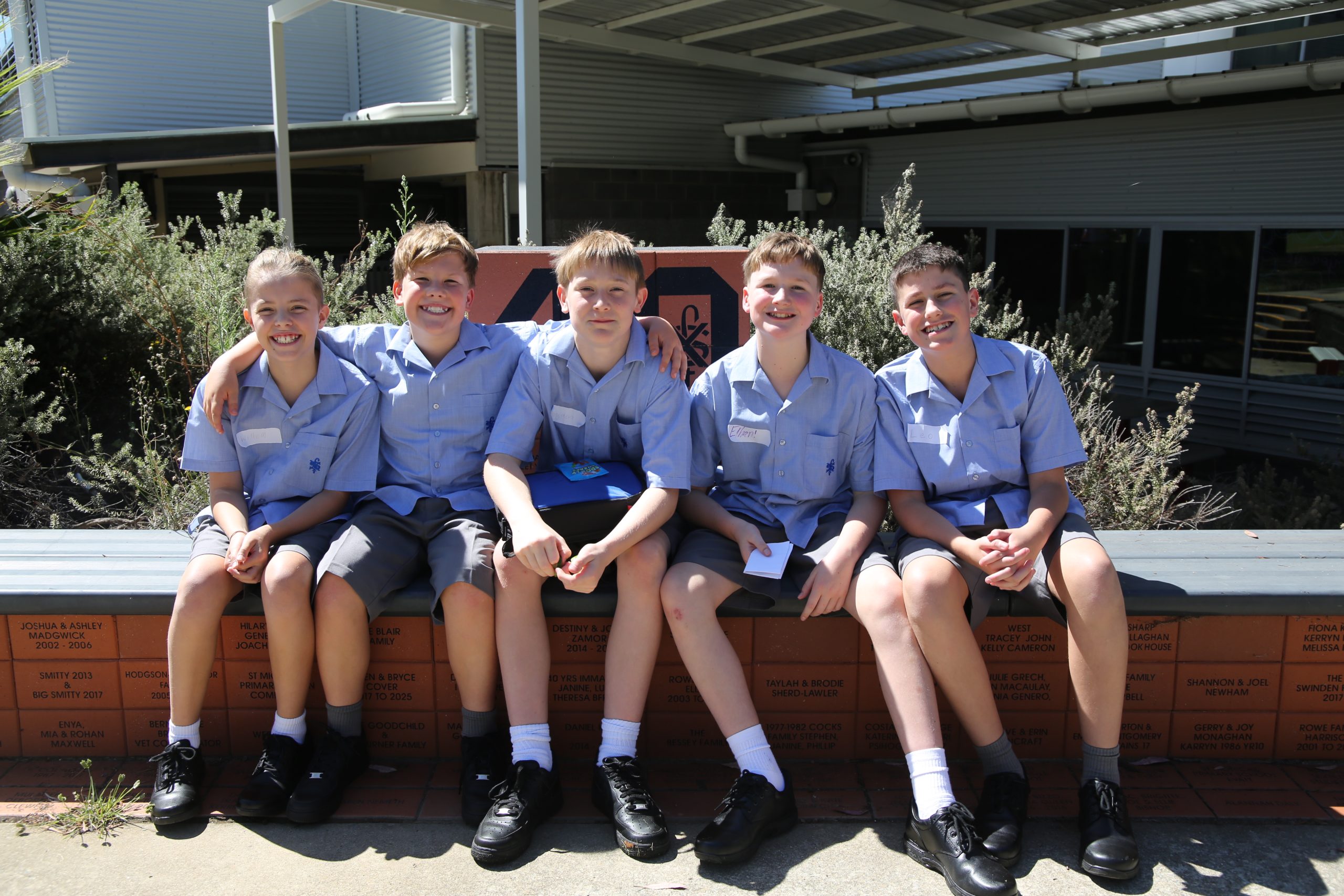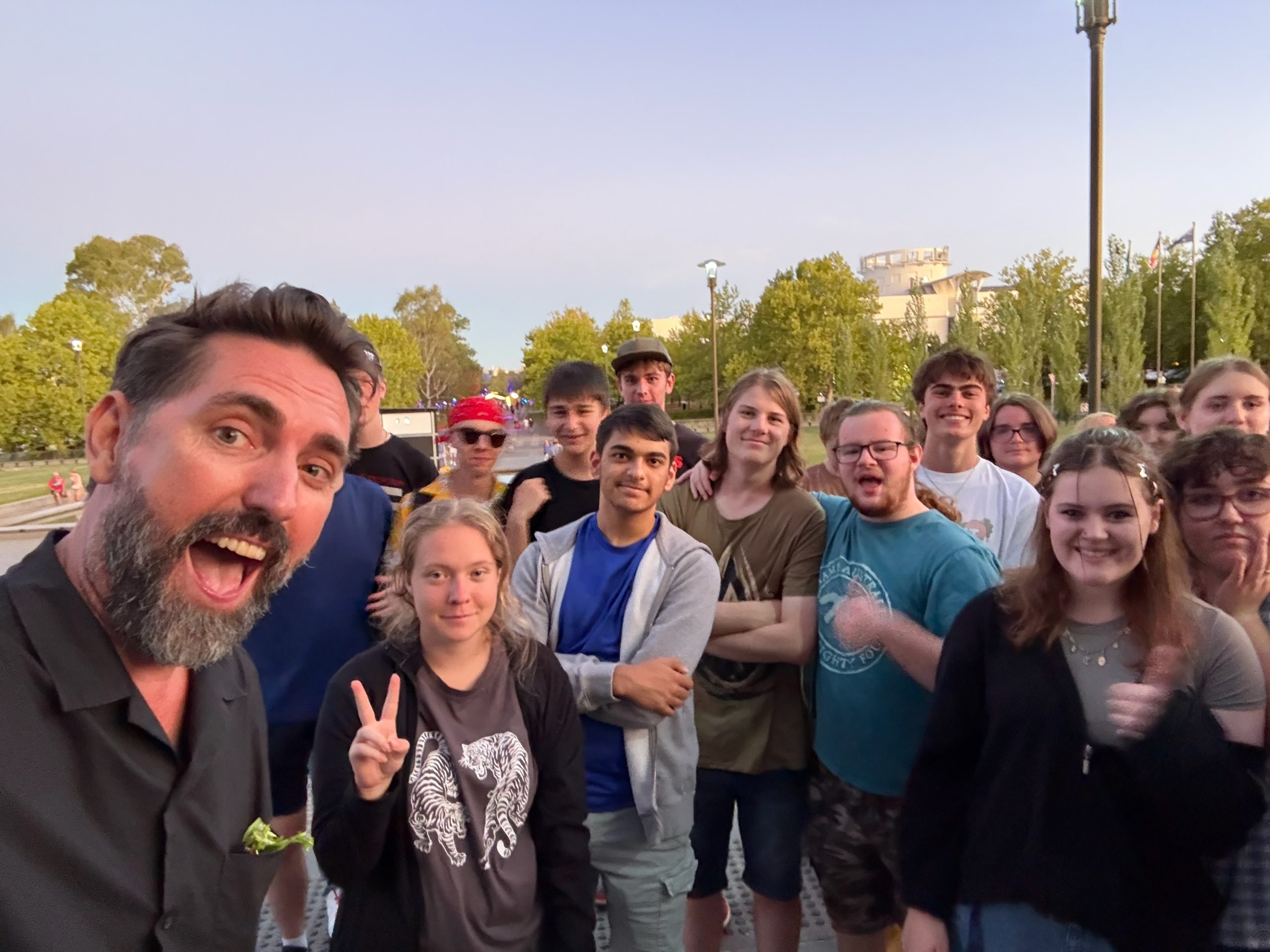Welcome to St Francis Xavier College
Enrolling now for 2026. Visit 'Enrol at SFX' to learn more.
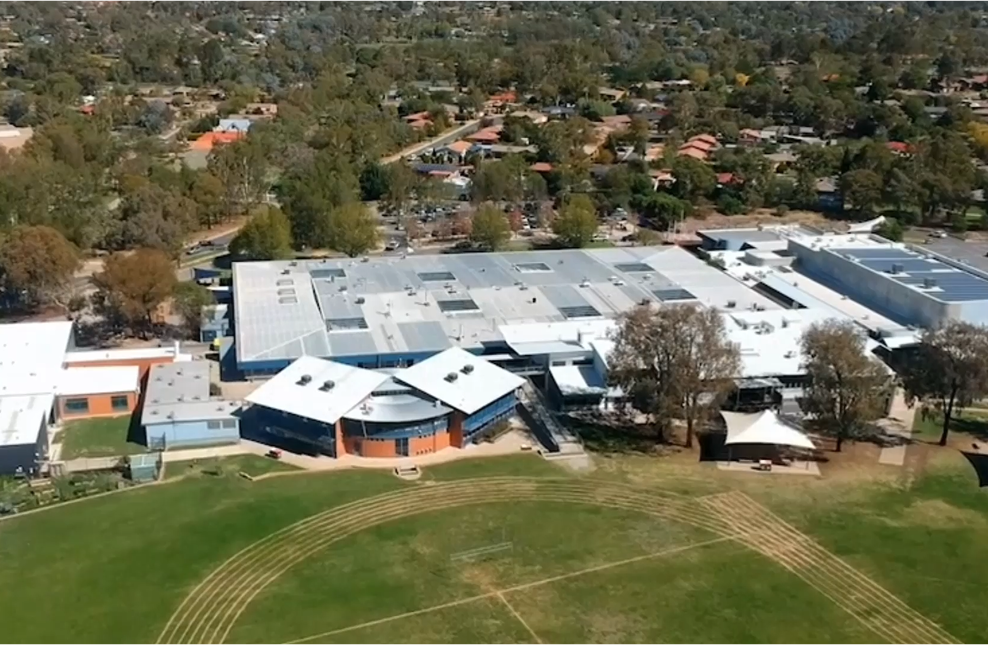
Enrolling now for 2026 Enrolment Information
Enrolling now for 2026. Visit 'Enrol at SFX' to learn more. Enrolling now for 2026. Visit 'Enrol at SFX' to learn more. Enrolling now for 2026. Visit 'Enrol at SFX' to learn more. Enrolling now for 2026. Visit 'Enrol at SFX' to learn more.Enrolling now for 2026. Visit 'Enrol at SFX' to learn more. Enrolling now for 2026. Visit 'Enrol at SFX' to learn more. Enrolling now for 2026. Visit 'Enrol at SFX' to learn more. Enrolling now for 2026. Visit 'Enrol at SFX' to learn more.
About our College
ST FRANCIS XAVIER COLLEGE
Our College is an exciting place to be
We are a Year 7 to Year 12 coeducational Catholic College with an enrolment of over 1,330 students and a dedicated team of 183 staff.
For over 40 years, we have been providing quality education, meeting the needs of our students academically, pastorally and spiritually. At SFX there has been a deliberate and purposeful effort to engage students in the learning process. This is particularly evident in the focus on the two levels of school.

Our Vision
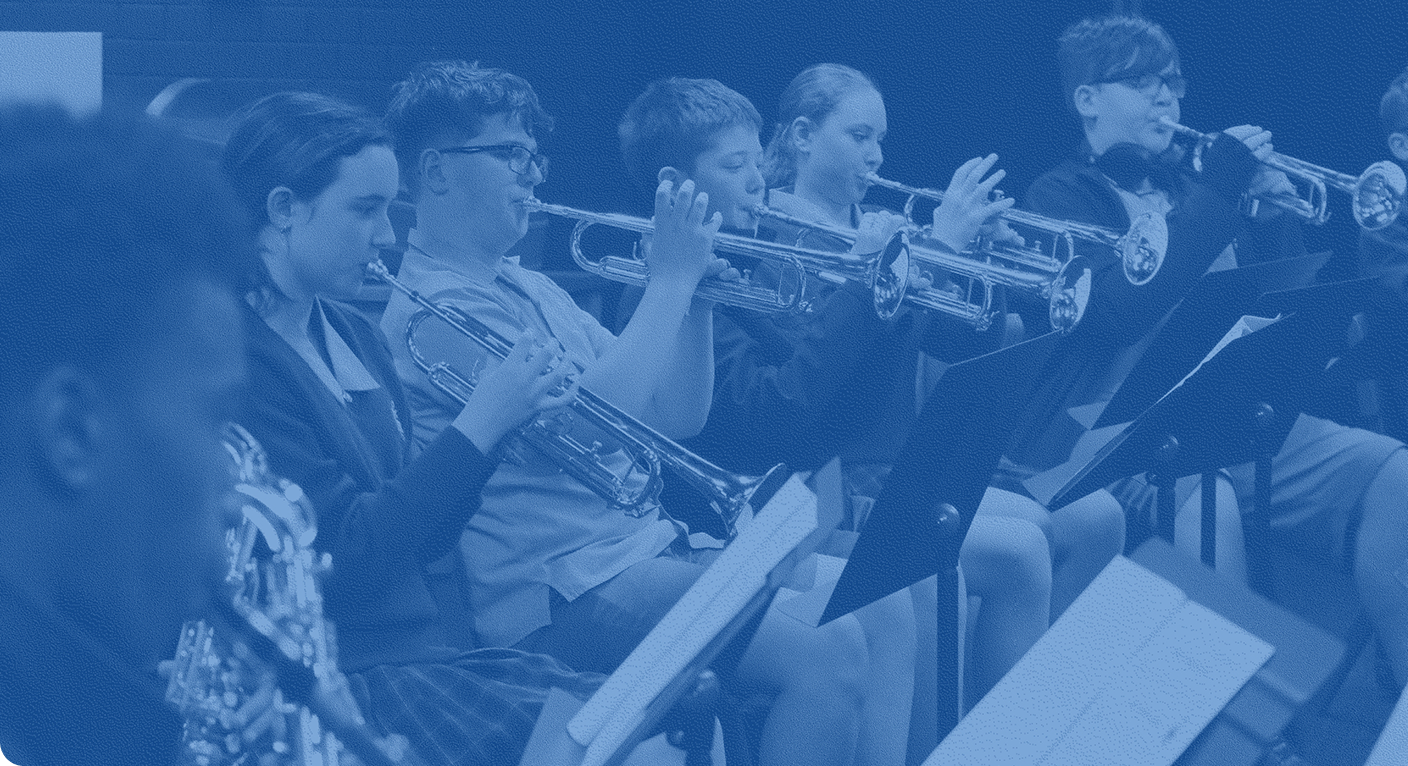
St Francis Xavier College is an innovative, future focussed learning community dedicated to preparing our students for the joys and challenges of the 21st century.







